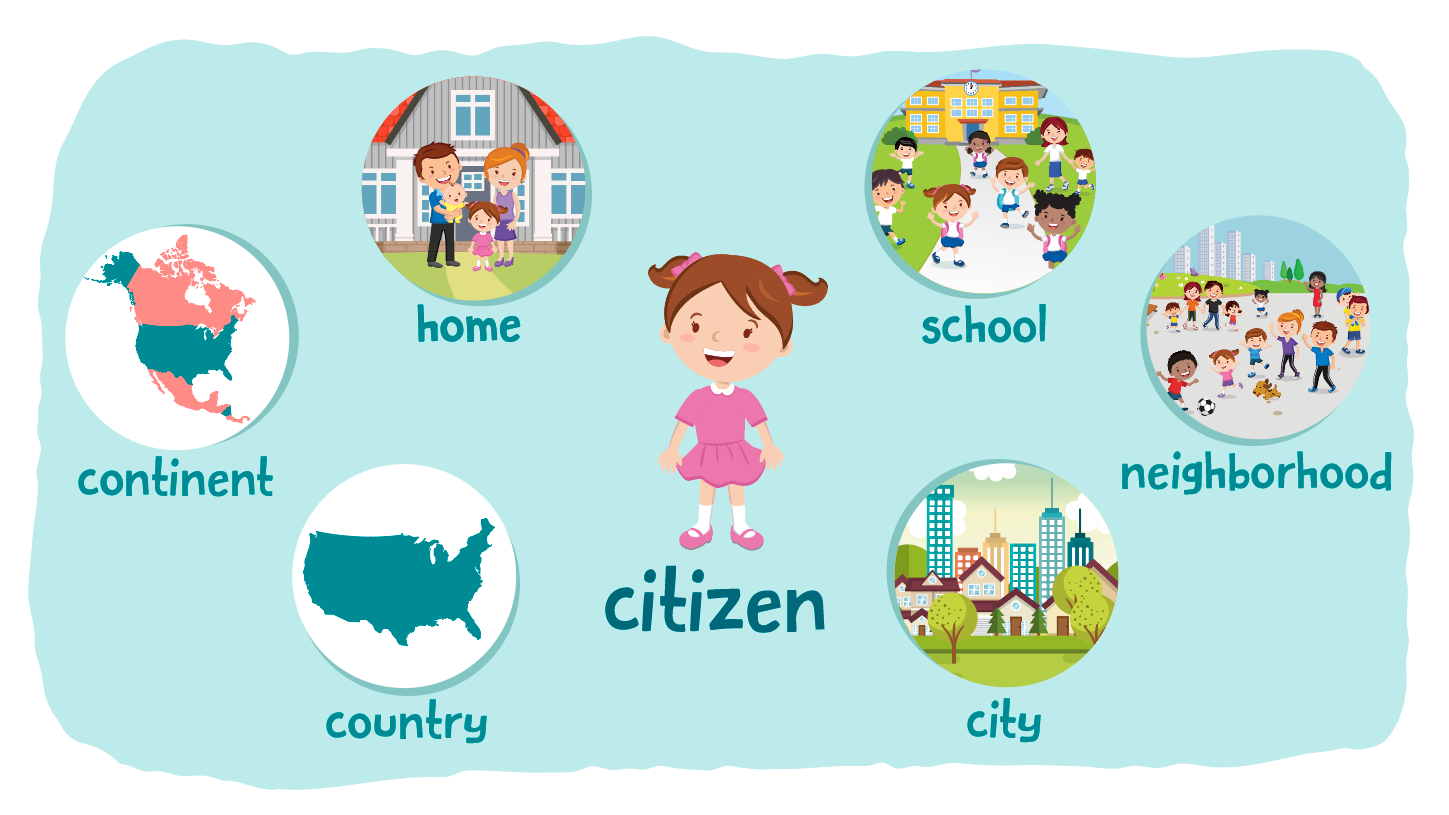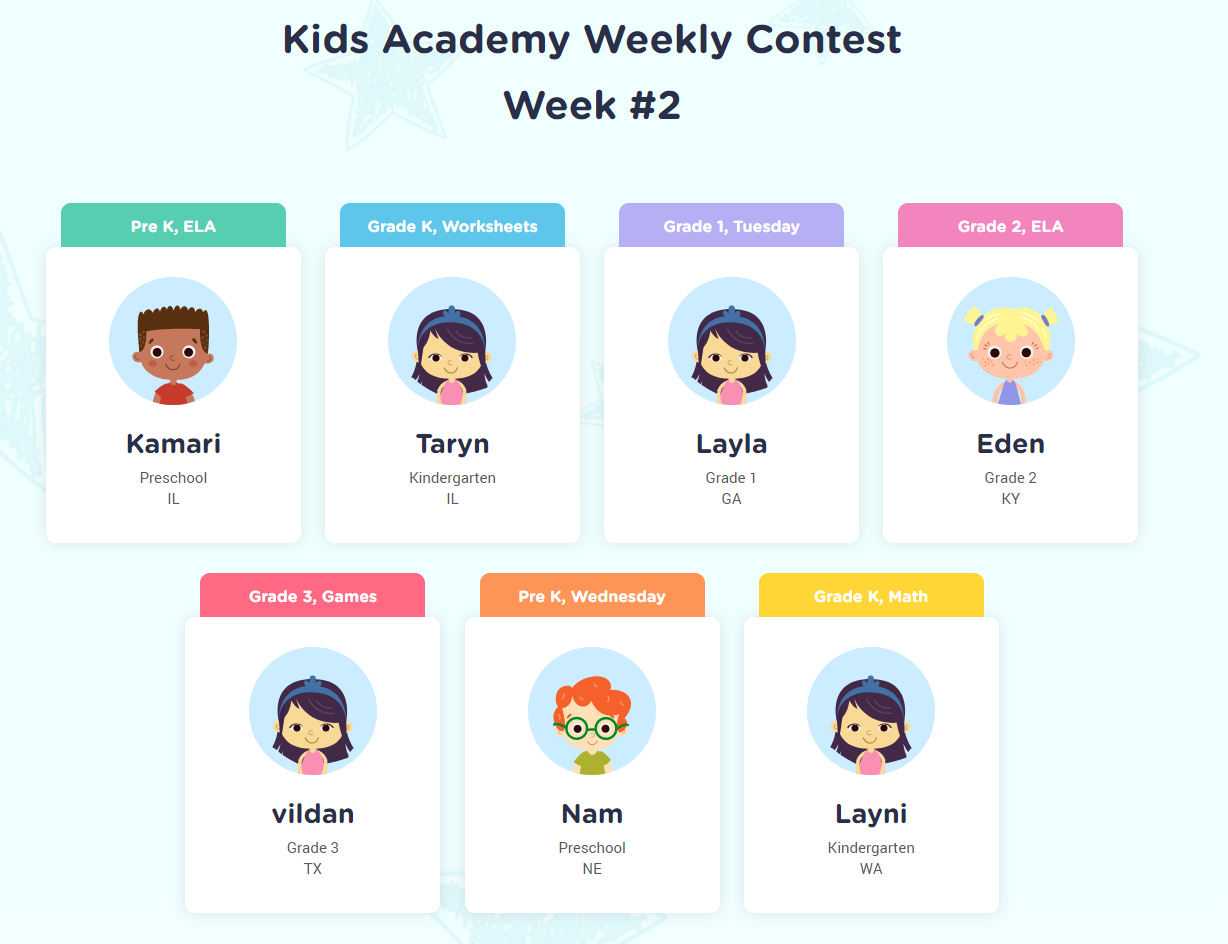Basic arithmetic comprehension Worksheets for Ages 6-7
4 filtered results
-
From - To
Discover our engaging Basic Arithmetic Comprehension Worksheets for Ages 6-7, designed to make learning fun and effective. These printables help young learners master foundational math concepts, including addition, subtraction, and number sense. Perfect for classroom or home use, each worksheet combines visual aids with interactive activities to foster problem-solving skills and numerical fluency. Our expertly crafted materials align with educational standards and adapt to your child's learning pace. Empower your kids with the tools they need for math success and watch their confidence soar! Created by experienced educators, these worksheets make early math delightful and accessible.
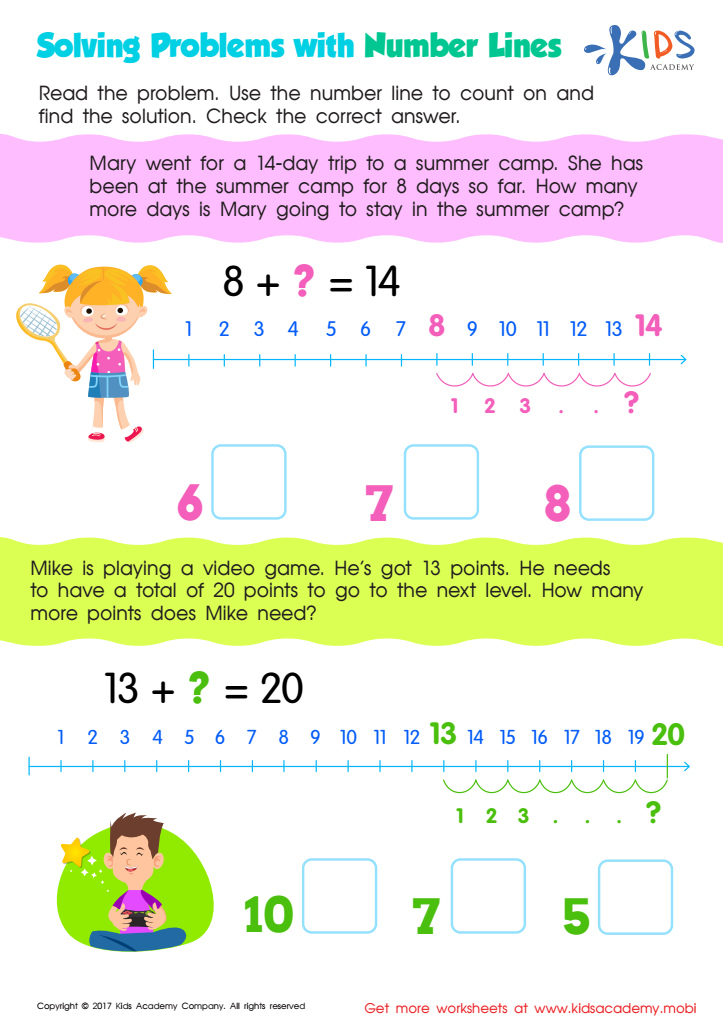

Solving Problems: Number Lines Worksheet
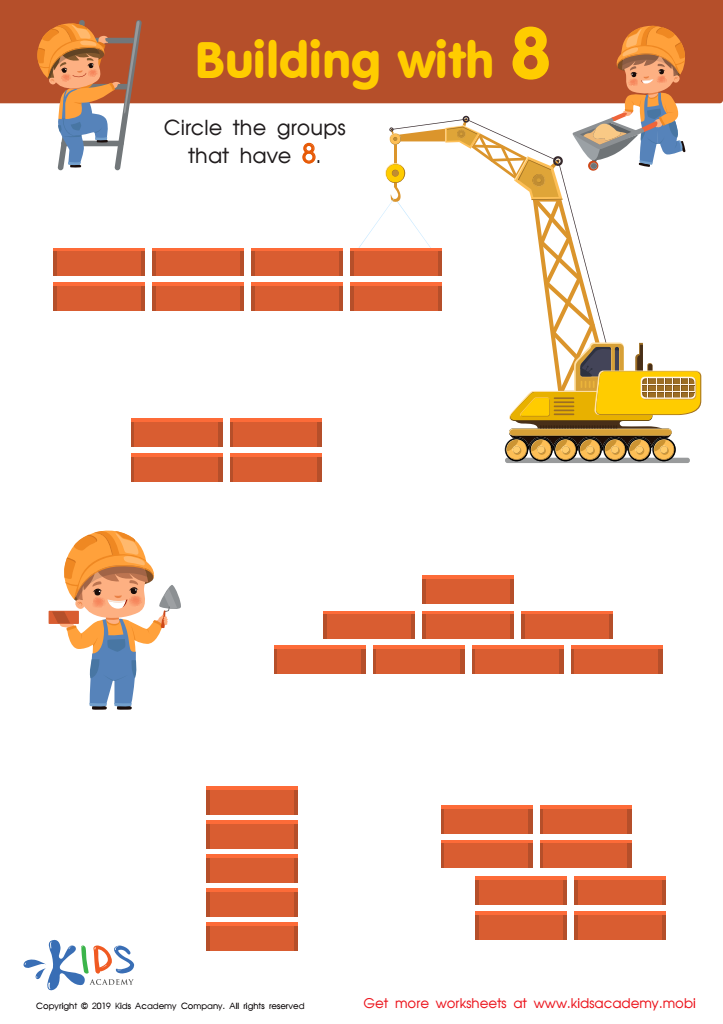

Building with 8 Worksheet
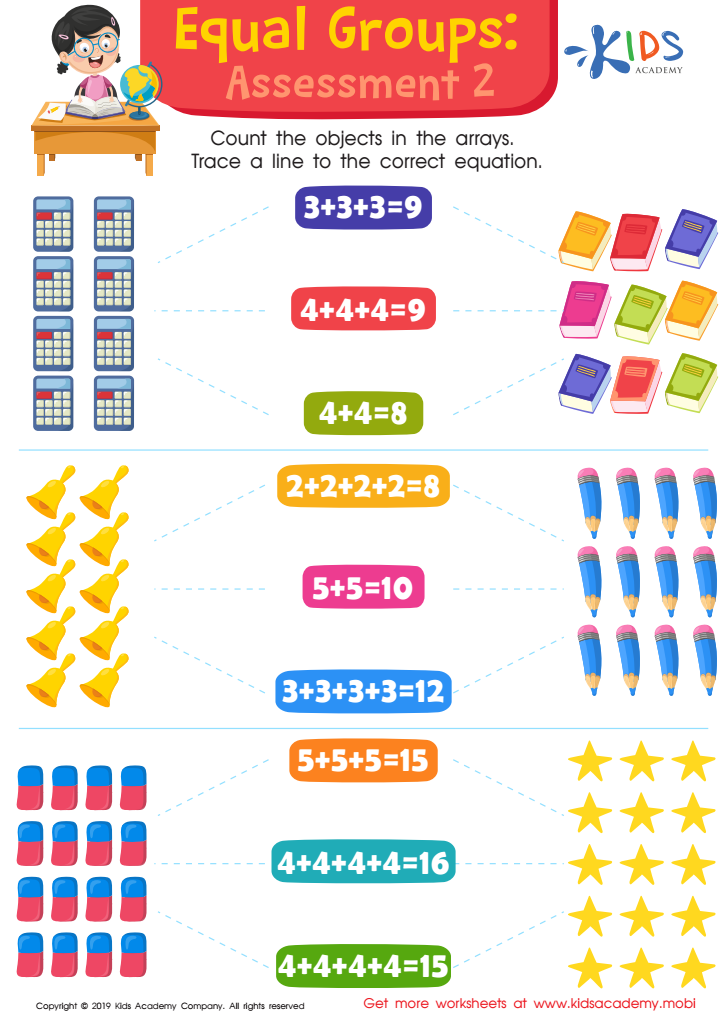

Equal Groups: Assessment 2 Worksheet
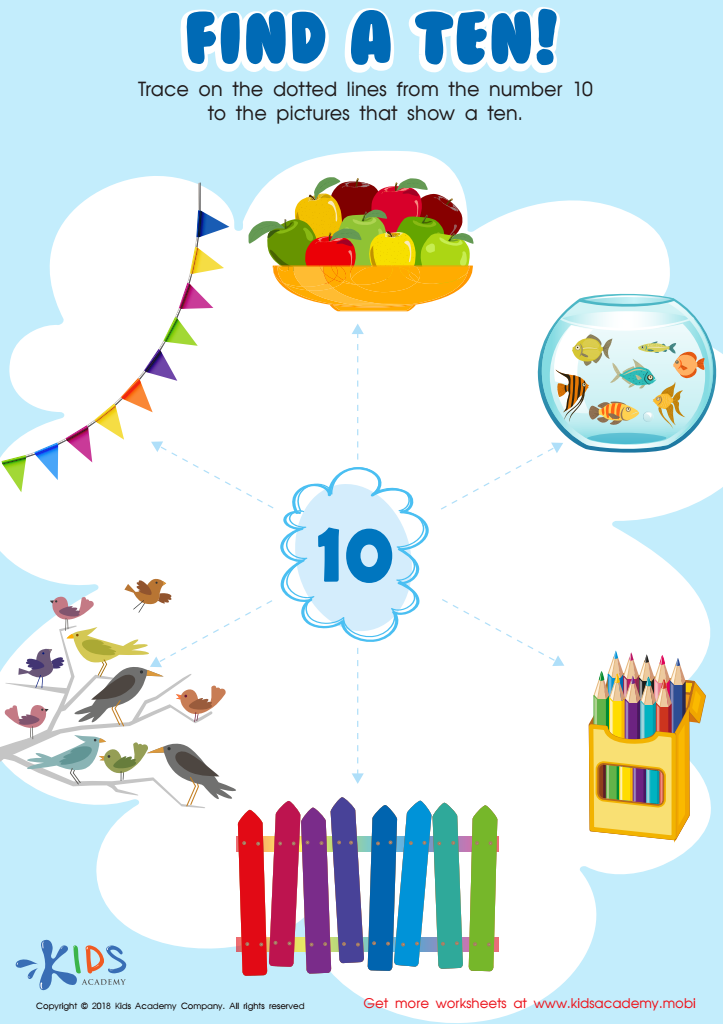

Kindergarten Math Worksheet: Find a Ten
Basic arithmetic comprehension is foundational for children aged 6-7 as it sets the stage for their future academic success and everyday life skills. At this age, students are typically in first or second grade and are learning essential concepts such as addition, subtraction, and understanding numbers. Grasping these basic arithmetic skills early helps to build confidence and a positive attitude towards mathematics, which is crucial since math anxiety can be a significant barrier to learning in later years.
Proficiency in basic arithmetic assists in developing logical thinking and problem-solving abilities. For example, when children solve a simple addition problem, they learn to follow steps, identify patterns, and make connections. These cognitive skills are transferable and beneficial across other subjects and real-life situations.
Moreover, early arithmetic comprehension is closely linked to later academic achievements. Research shows that children who master basic arithmetic early tend to perform better in math and other STEM (Science, Technology, Engineering, Mathematics) fields as they progress in their education. This understanding thus supports long-term academic and career prospects.
For parents and teachers, fostering an environment that encourages the practical application of arithmetic through games, discussions, and real-world activities makes learning enjoyable and relevant. Early intervention and consistent practice ensure that children do not fall behind, setting them on a path of lifelong learning and curiosity.

 Assign to My Students
Assign to My Students






